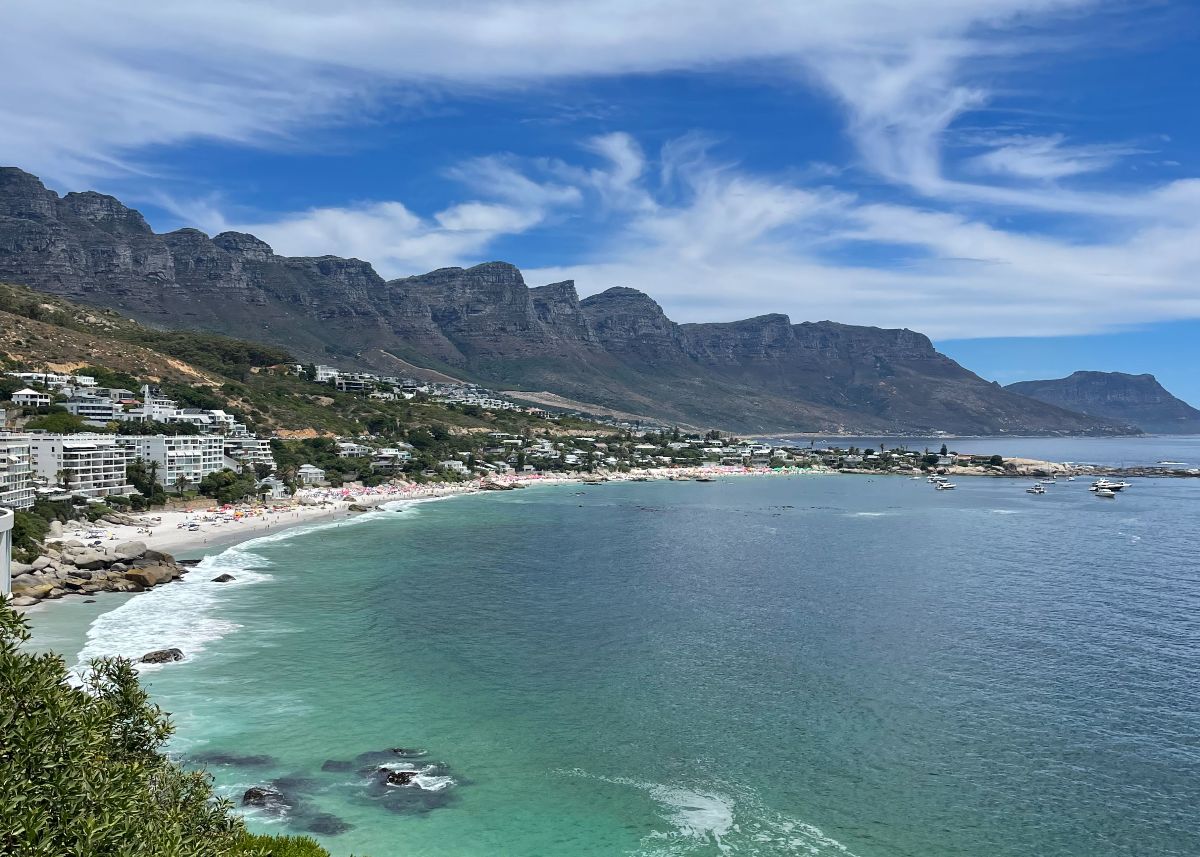The City of Cape Town can now release an unlimited volume of untreated sewage into the ocean following a decision by the Minister of Fisheries, Forestry, and the Environment, Dion George.
This exemption temporarily lifts volume restrictions on sewage discharged through the city’s three marine outfalls in Green Point, Camps Bay, and Hout Bay, pending appeals against the permits issued for these operations, writes GroundUp.
The permits, which allow for 25 million, 11.3 million, and 5 million litres of sewage discharge per day at the respective outfalls, have been contested by environmental groups and residents.
These parties argue that the practice violates constitutional rights to a healthy environment and has not undergone adequate risk assessments or public consultation.
Raw effluent is discharged from these outfalls daily. The only treatment the sewage receives before being released into the ocean is that it is ‘sieved’ to remove solids.
Minister George revealed that as of August 2024, the limits on daily sewage discharge had been suspended due to ongoing appeals. This means the City is no longer restricted by the initial permit conditions.
According to GroundUp, the City had already been exceeding those limits before the suspension. In October for example, daily discharges at Green Point exceeded permit limits by 700 000 litres per day.
Environmental concerns
Environmental activists and organisations like the National Sea Rescue Institute (NSRI) have raised serious concerns. They argue that releasing untreated sewage into the Table Mountain National Park Marine Protected Area could harm marine ecosystems. It also poses public health risks.
A 2017 CSIR report highlighted that while the ocean’s high-energy environment has a better capacity to dilute pollutants than say, an estuary, “of importance is the volume of effluent discharged.”
Persistent sewage discharge could overwhelm the system, leading to chronic toxicity and long-term damage to marine life. Thus the current and increasing quantities of untreated effluent have raised alarm bells.
Environmental activist Caroline Marx, who sits on the City’s mayoral advisory committee for water quality, criticised the minister’s decision to allow unrestricted sewage discharge, citing the risks to a Marine Protected Area.
She also pointed out that compliance issues with the Hout Bay outfall permit went ignored for years until ActionSA filed a criminal case.
Legal and operational issues
The City has faced compliance challenges for years. Documents revealed by ActionSA show that the Hout Bay outfall exceeded permit limits on 104 out of 181 days in early 2023.
The City also failed to establish a Permit Advisory Forum as required. These violations have led to compliance notices and a criminal case against the City, which is now under investigation by the National Prosecuting Authority.
‘No other option’ for sewage
Water and sanitation mayco member Zahid Badroodien said that Cape Town is growing and so are volumes of sewage—and that there was no other option at the moment but to utilise the outfalls.
However, City officials say they are exploring long-term solutions, such as new wastewater treatment facilities or diverting sewage to existing plants.
Were you aware of Cape Town’s sewage crisis?
Let us know by clicking on the comment tab below this article or emailing info@thesouthafrican.com or sending a WhatsApp to 060 011 021 1.
You can also follow @TheSAnews on X and The South African on Facebook for the latest news.
